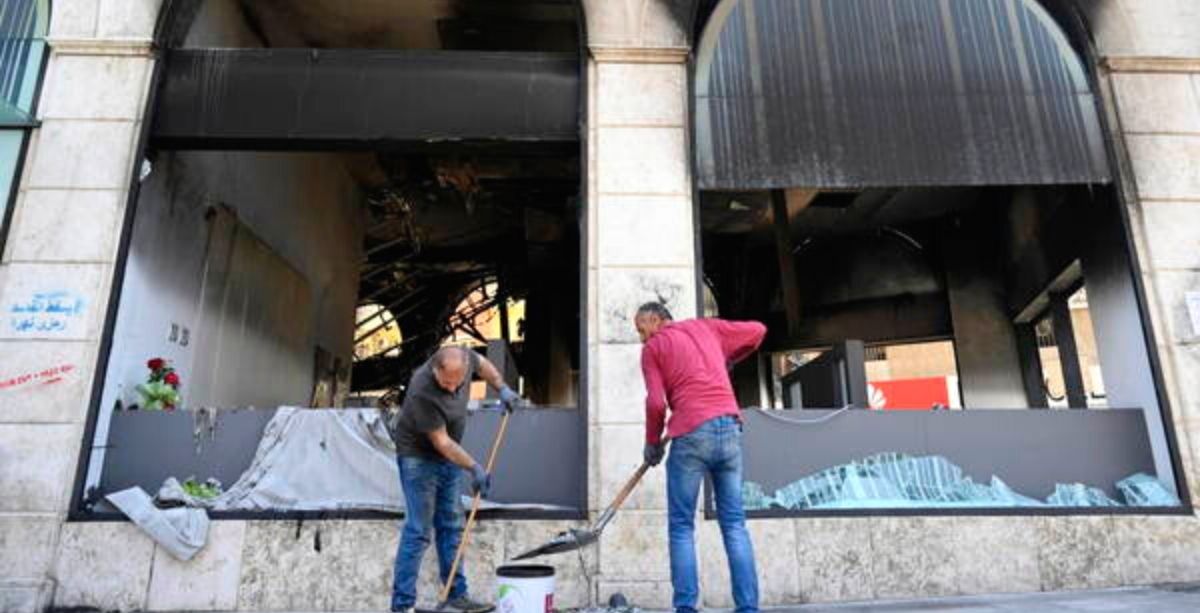The financial crisis in Lebanon has had a heavy impact across sectors in Lebanon. The once-strong Lebanese banking sector is no different, and its employees are suffering alongside the rest of the population.
Formerly regarded as one of the pillars of Lebanon’s economy, banks are now taking exceptional measures to cut expenses and avoid collapse.
Since the effects of the crisis began to set in, back in late 2019, around 3,000 employees in the banking sector have lost their jobs or resigned, four senior bankers told Reuters on Thursday.
This constitutes over 10% of the sector’s total workforce, but it is not the only number that has gone down in recent months.
According to the same source, loans to the private sector have declined by 25% year on year, to $33 billion. “The sector is dead. It doesn’t lend, it doesn’t make profits,” one of the bankers said.
The banking industry is grappling with losses worth $83 billion, according to the latest official numbers, whereas Lebanon’s economic output was $55 billion in 2019.
The volatility of banks was apparent in a recent statement in which the Association of Banks in Lebanon stressed that they could not secure “any cash in foreign currency, no matter how low its value.”
The statement came in response to the Lebanese Central Bank‘s decision to have local banks start paying depositors their money, partly in foreign currency, over the course of several months.
The move has raised concerns about potential ramifications in light of the severe shortage of foreign currency in Lebanon, with the International Monetary Fund warning of the risks of higher inflation.

















